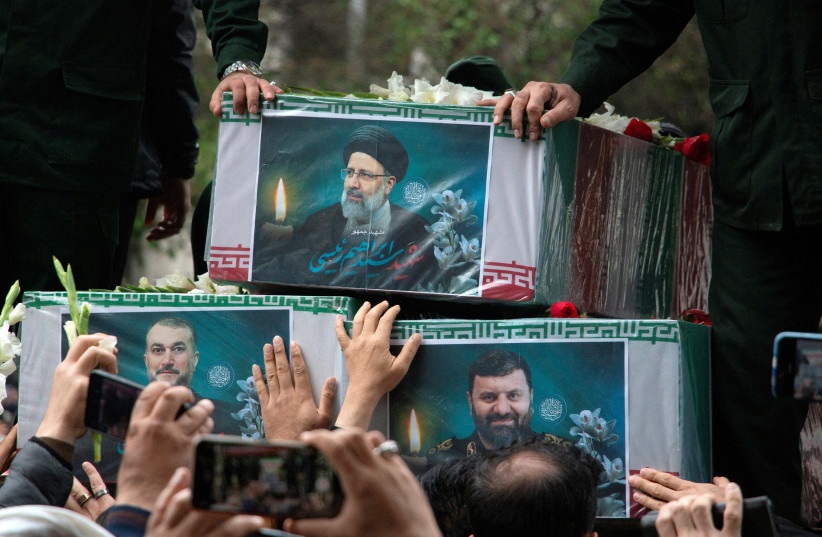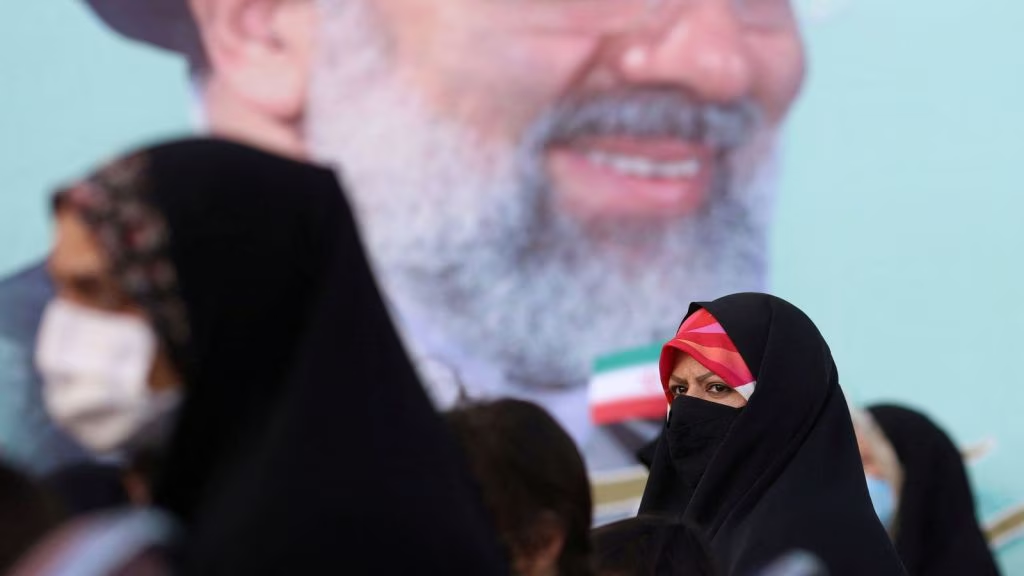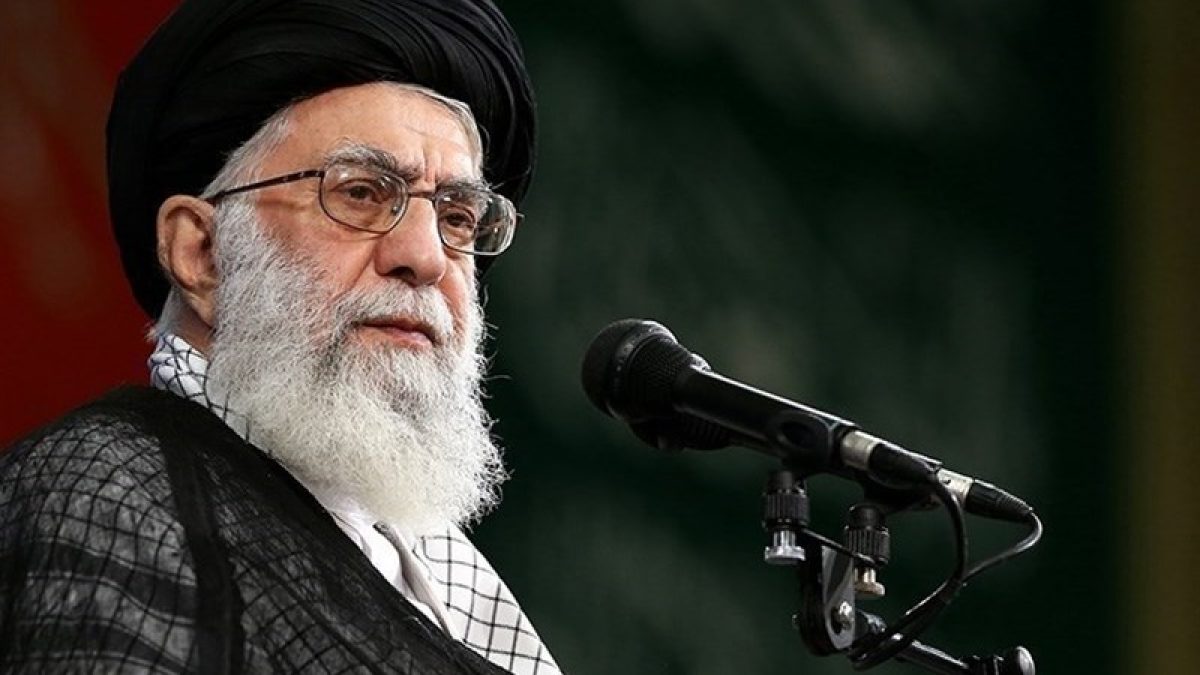The sudden and unexpected death of Iran’s president Ebrahim Raisi on May 19 has set off a new political race in Iran to replace him. The sudden vacancy of the post was not something the Iran’s government was prepared for and might cause a period of political strife and unrest.
The death has further muddied the waters of the complicated task of finding a successor to Iran’s current supreme leader.
Previously considered by many as a candidate to succeed Ayatollah Ali Khamenei, Iran’s ageing supreme leader, Raisi’s death has opened up the avenue for a power struggle to take place for the right to be his successor as well as Khamenei’s.
Why is the Iranian Leader’s Successor Important?
As the spiritual and ultimate leader of the Islamic Republic of Iran, Khamenei holds immense and ultimate power over it.
Raisi, who was a protege cultivated by him, was one of the most viable candidates to pass his powers on to. Considering the timing of the power struggle, it is likely that the person who succeeds Raisi will have a considerable chance of also succeeding Khamenei himself.
It is important for Iran’s top level to ensure that not only is the transition perfect but the overall stability of the nation is maintained. It is important even more so now as the nation currently supplies Russia in its war against Ukraine and has carried out attacks against Israel amidst the current conflict in Gaza.
These actions have alienated it from the western hemisphere and it is already in a precarious position among its neighbors for some time. Thus it is imperative for Iran’s government that they ensure the succession of power is without any problems.

The search for the replacement
While there are many with vested interests in the results of the upcoming June 28 election, no one can be said to be more invested than Khamenei himself.
Inside sources and outside experts claim that he seeks a person with unwavering loyalty to himself to help him run the country and ensure stability. Keeping the political balance is even more important to Khamenei at this time while he slowly passes on his powers to the next in line.
“The next president is likely to be someone of steadfast loyalty to Khamenei and possibly would have some background in the Revolutionary Guards. They will have to be of a vetted political and social background as well.” claims Saeed Leylaz, an analyst working in Tehran.

The voter’s dilemma
The considerations behind the selection of presidential candidates in the upcoming election is likely to hit hard at voter turnout rates in the country.
The problem is not unfamiliar to Iran. In an election where all the candidates are decided by them, maintaining voter turnouts has been the main problem for the clerical establishment.
Raisi himself was widely unpopular in Iran and won on a turnout rate of 49% in 2021. This was a significant drop from 70% in 2017 and 76% in 2013 due to the elimination of conservative and moderate rivals by the Guardian Council.
This election too, being held due to the necessity of choosing a new president, will likely face heavy scrutiny from the government and that will likely be the reason behind the low turnouts.
However, this problem might be in favor of the establishment this time. One of the inside sources, not willing to be identified due to the topic’s sensitivity, said that the low turnout rate of voters will be detrimental to securing victory for a candidate who is fiercely loyal to the supreme leader and his ideals.




2 Comments
Pingback: US-British coalition strikes Yemen against The Houthi rebellion - INPAC Timesstrikesinyemen
Pingback: Mohammad Bagher Ghalibaf Announces Presidential Bid for Snap Elections - INPAC Times